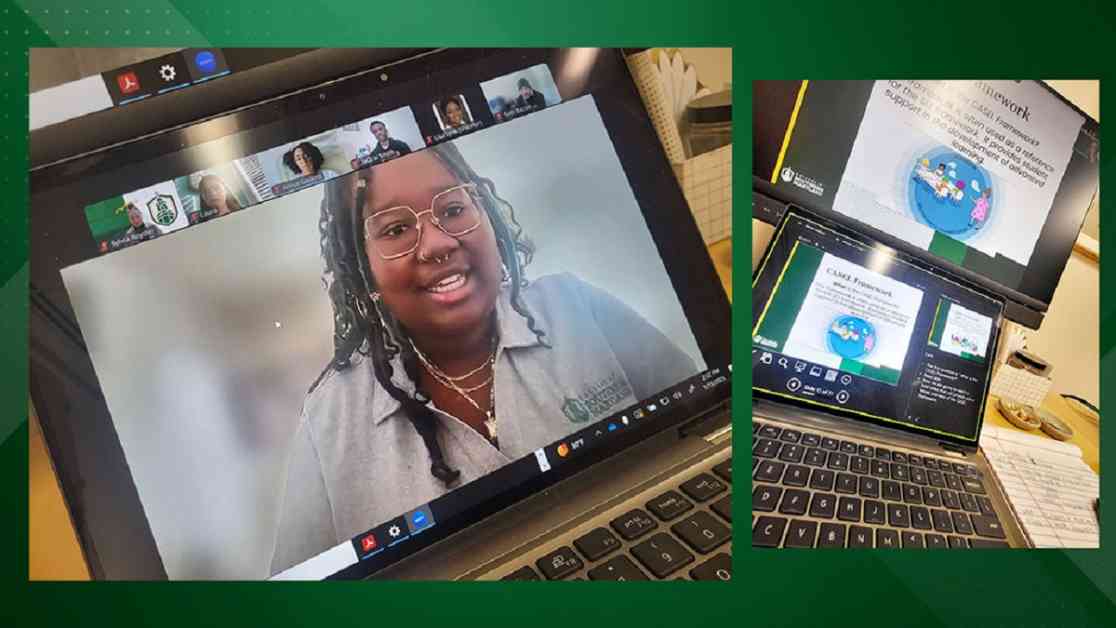The College of Southern Maryland (CSM) recently hosted a professional workshop aimed at enhancing student engagement in its Early College program. This initiative allows high school students in Calvert and Charles counties to earn college credits while still completing their high school education. The virtual session, titled Early College Program – Best Practices for Student Engagement, was led by CSM’s Division of Learning faculty and focused on evidence-based strategies to improve student retention, success, and overall program completion. The workshop was developed in response to faculty recommendations for training that supports Early College students in navigating the challenges of college coursework.
CSM Director of Educational Partnerships Sylvia Royster and Dual Enrollment/Early College Coordinator Linda Forrest spearheaded the workshop, providing an overview of Early College programs at the national, state, and local levels. They delved into how engagement strategies have been proven to enhance student outcomes and encouraged faculty to integrate these practices in their classrooms.
Royster emphasized the significance of the session, stating, “The importance of this session was to provide an overview of national, state, and local Early College programs related to student retention and completion.” She added, “Evidence-based student engagement strategies were shared with faculty to increase student success.” Faculty survey feedback showcased the success of this professional learning, which was based on the recommended student engagement strategies shared during the Early College faculty and student panels.
Student Perspectives on Engagement
The workshop also included a student panel comprising current Early College participants, graduates, and students who have transferred to four-year institutions. These students shared their insights, highlighting aspects of the program that worked well for them and areas that could be enhanced. Discussions focused on key questions such as how professors can be more approachable and supportive to Early College students, what advice professors can offer to help students navigate college and career decisions, and how professors can build trust and foster meaningful academic relationships.
Throughout the dialogue, students underscored the importance of creating a sense of community from the first day of class. Many expressed gratitude for professors who took the time to connect with students, offer guidance, and share their own college experiences. While students valued office hours, they suggested that additional opportunities to interact with professors could further enrich the learning experience.
Long-Term Benefits of Early College
Royster and Forrest highlighted the long-term advantages of Early College participation, noting that students who complete these programs are more likely to transfer to two- or four-year institutions, earn degrees more efficiently, and achieve higher wages after graduation. This impact is particularly significant for students from underserved communities.
The Early College program at CSM welcomes rising juniors and seniors in Charles and Calvert counties. This tuition-free initiative allows students to engage in college-level coursework, save money, and earn credits toward a degree while still in high school. Students attend classes in person at the CSM campus in their respective counties.
As the workshop concluded, participants left equipped with valuable insights and strategies to enhance student engagement in the Early College program. For more information about the Early College program at CSM, visit csmd.edu.
David M. Higgins II is an award-winning journalist passionate about uncovering the truth and telling compelling stories. Born in Baltimore and raised in Southern Maryland, he has lived in several East…















